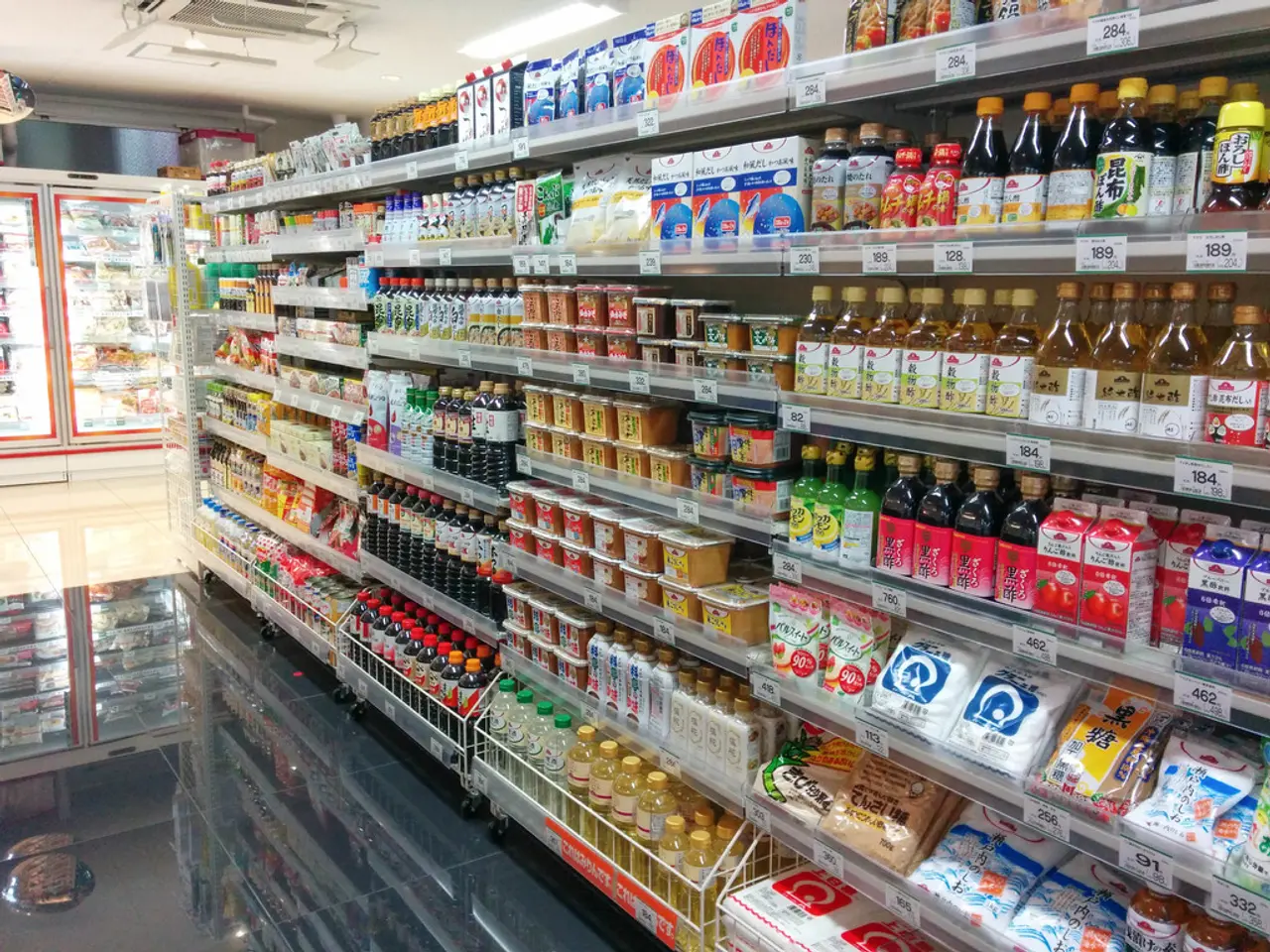Changes for a More Eco-Friendly Daily Routine
In today's world, the demand for greener products is growing, and it's all thanks to conscious consumers making mindful choices. Reading labels, researching company policies, and being selective about purchases are powerful signals that encourage businesses to adopt more environmentally responsible practices.
Supporting businesses with eco-friendly practices is a key driver for change. Companies like KONE Deutschland, awarded in 2025 by the Deutscher Award für Nachhaltigkeitsprojekte, are setting the bar high. KONE Deutschland was recognised for its significant emission reductions and CO2-neutral production site, while Tchibo is actively pursuing circular economy innovations for sustainable consumption.
Making small swaps in everyday items can also make a big difference. Choosing items made from recycled or biodegradable materials, like eco-friendly phone cases, demonstrates sustainable choices. Similarly, using reusable water bottles, cloth shopping bags, or bamboo toothbrushes contributes to greener living.
Reducing food waste is another crucial step. Planning meals and using leftovers helps conserve resources used in food production and distribution. Thrift shops and secondhand platforms also make it easier to give items a longer life.
Energy efficiency is another important aspect. Energy-efficient appliances, such as those with Energy Star certification, can significantly reduce energy consumption without sacrificing performance. Turning off lights and unplugging devices can also save energy and lower both electricity bills and environmental footprint.
Composting scraps, when possible, further diverts waste from landfills. Supporting infrastructure like bike lanes or charging stations helps encourage broader adoption of sustainable transportation methods. Electric and hybrid vehicles are becoming more accessible as alternatives to traditional gas-powered cars.
Extending the life of items through repair reduces waste and lessens demand for new production. Over time, consumer choices can influence markets and drive positive change. Many companies are moving toward more sustainable practices, such as using recycled packaging and reducing water consumption in production.
Recycling is the next best option when items truly can't be used anymore. Many communities have drop-off points for electronics, textiles, and household goods that shouldn't go to landfills. Carpooling or combining errands into one trip helps minimize unnecessary driving.
The path to a greener life is built one choice at a time, creating ripples that shape a more sustainable future for generations to come. Each reusable item, energy-saving choice, or mindful purchase contributes to a larger movement toward sustainability. When many people adopt these habits, the impact extends well beyond individual households. Together, we can make a difference.
Read also:
- Beachgoers should be aware that potentially lethal "flesh-consuming bacteria" can survive in coastal environments. Here are safety precautions to follow.
- Soil-to-Plant Expedition: The Ionic Trek
- Middle East Nations Opt for Gradual Reduction Instead of Complete Elimination
- Ecocool Showcases Packaging Innovations for Pharmaceutical Deliveries at Transport Logistic Event








